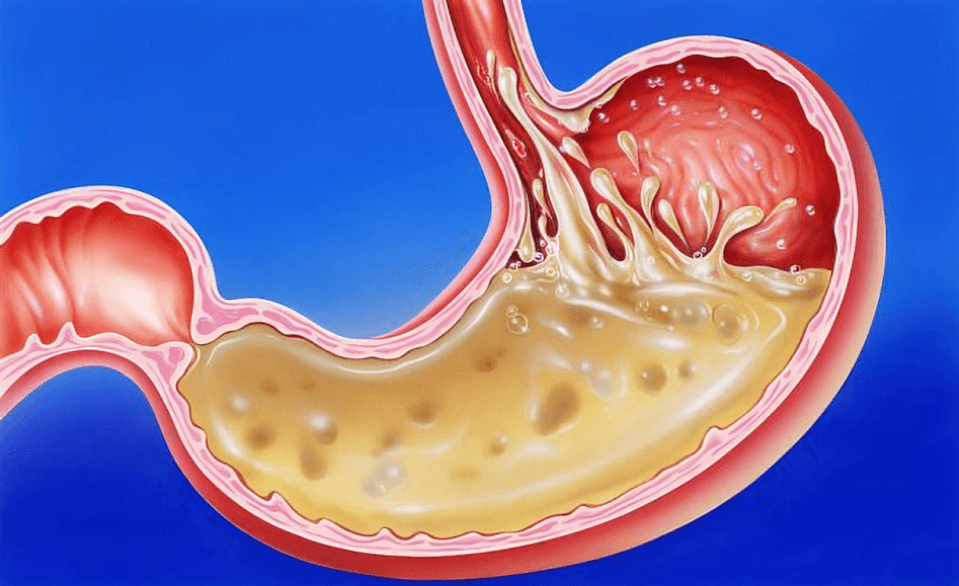
“
Managing digestive health in the elderly is vital, as aging naturally slows digestive processes, alters gut flora, and increases sensitivity to food. Seniors often experience indigestion, constipation, or nutrient deficiencies, which can reduce quality of life. A balanced diet, sufficient hydration, regular movement, and medical guidance are key to maintaining optimal digestive function. 1
1
”
Aging slows down the movement of food through the digestive tract, often leading to constipation. Seniors may need more fiber and fluids to keep their digestive system functioning properly. 1
Reduced saliva production in older adults can affect how food is broken down in the mouth, making it harder to digest properly and possibly leading to bloating, gas, or indigestion after meals. 2

The stomach lining tends to thin with age, producing less hydrochloric acid. This can hinder nutrient absorption, especially of vitamin B12, calcium, and iron—nutrients vital to bone and blood health.
Some elderly individuals develop lactose intolerance with age as their body reduces lactase production, making it difficult to digest dairy products and leading to symptoms like cramping, gas, and diarrhea. 3
Common medications such as antacids, opioids, and antidepressants often disrupt digestion in older adults by slowing bowel movements or altering stomach acid levels, requiring medication reviews. 4
Poor dental health, including missing teeth or ill-fitting dentures, can prevent proper chewing, which is the first step in digestion. Soft, nutritious foods can help compensate for chewing difficulties. 5
Gut microbiota naturally changes with age. A decline in beneficial bacteria can weaken digestion and immunity, making fermented foods or probiotics helpful in restoring microbial balance in seniors. 6
Dehydration is a hidden cause of constipation in older adults. With a reduced sense of thirst, seniors should be reminded to drink enough fluids daily to help soften stools and ease elimination. 7
High-fiber foods like oats, legumes, and vegetables support digestion by promoting bowel regularity, reducing cholesterol, and feeding healthy gut bacteria. Fiber intake should be increased gradually. 8
Frequent small meals are often better for aging digestive systems than large ones. They reduce digestive burden, help stabilize blood sugar, and avoid overwhelming the stomach and intestines at once. 9

Regular physical activity stimulates intestinal contractions and aids in digestion. Even light activities like walking after meals can help prevent bloating, constipation, and sluggish digestion in seniors.
Lying down immediately after eating slows digestion and may increase the risk of acid reflux. Seniors are advised to remain upright for at least 30 minutes post-meal to avoid discomfort. 10
Gastrointestinal conditions like diverticulosis become more common with age. Managing these conditions involves a careful diet and maintaining a routine to prevent flare-ups or complications. 11
A slower digestive system can reduce hunger cues. Seniors might unintentionally eat less, risking nutrient deficiencies. Scheduled meals and nutrient-rich snacks ensure they meet their daily requirements. 12
Alcohol and caffeine can irritate the stomach lining and trigger acid reflux or diarrhea. Moderation is essential for elderly individuals to prevent dehydration and minimize digestive distress. 13
Polypharmacy—using multiple medications—can upset the digestive balance. Elderly people should regularly consult doctors to assess side effects and possible interactions affecting their gut health. 14

Cooking methods like steaming, boiling, or baking can make meals easier to digest. Fried or greasy foods may overwhelm older digestive systems, causing bloating, cramping, or acid reflux.
Sufficient sleep also plays a role in digestive health. Poor sleep has been linked to constipation and altered gut microbiota, making sleep hygiene an overlooked but essential aspect of elderly care. 15
Having regular bowel movements at consistent times, such as after breakfast, can help train the digestive system and make elimination easier and more predictable for elderly individuals. 16
Dr. Andrew Weil, a pioneer in integrative medicine, stresses the value of whole foods, mindfulness, and lifestyle balance to protect aging digestion and prevent chronic gastrointestinal conditions.17


